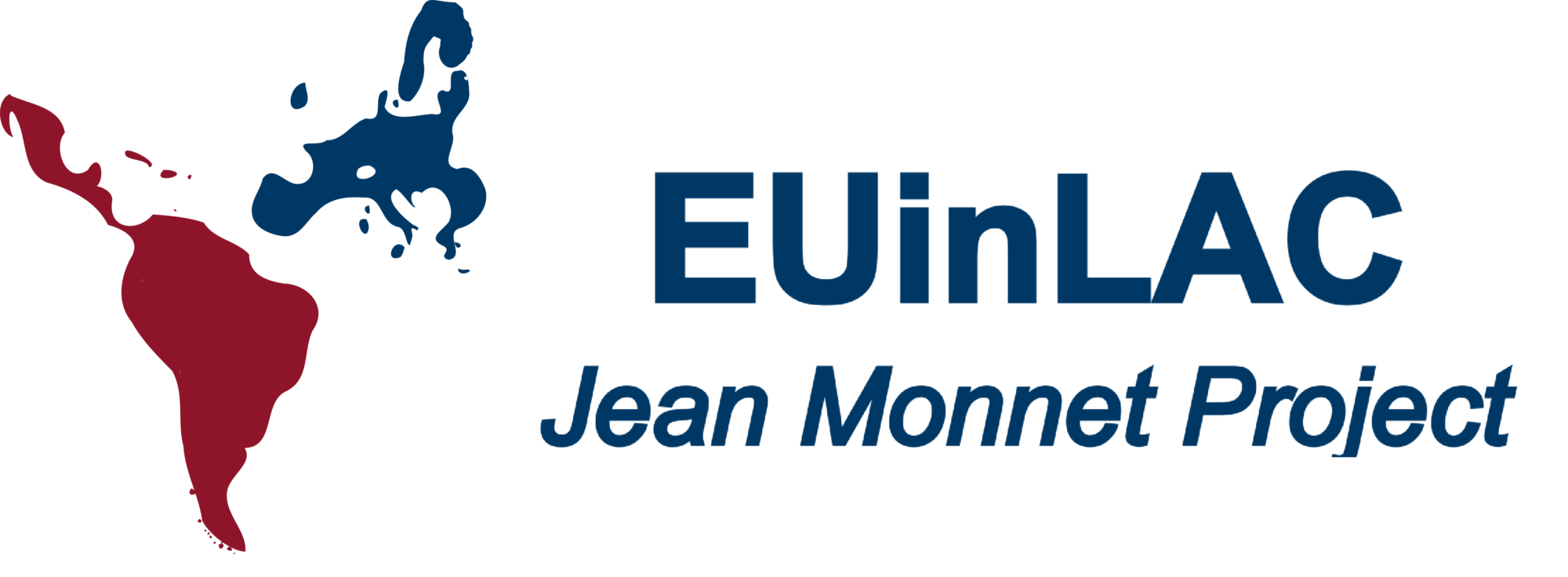What the Research Project EUinLAC is about
At the beginning of 2019, EU-Latin America and Caribbean (LAC) relations, although cordial as always, seemed to have reached a stalemate. By the beginning of 2020, the prospects for a relaunch of EU-LAC relations were surprisingly promising. At the EU level, the 2019 new strategy for Latin America and the Caribbean announced by the European Commission, the agreement for a trade deal with MERCOSUR, and the newly appointed European Commission all seemed to indicate an upgrade of Latin America in the EU’s external agenda. In 2019, Germany too announced a new policy towards Latin America and the Caribbean, which made LAC a strategic ally for Berlin. Yet, the breakout of the COVID-19 pandemic in 2020 has changed the global scenario and the prospects for EU-LAC relations.
Our Jean Monnet project explores “The Reconfiguration of the EU presence in Latin America (EUinLAC)” by analysing these developments and their consequences.
It responds to three key needs:
- to boost teaching on the EU (and Latin America) and its values, against rising scepticism.
- to raise awareness of the EU actual presence in Latin America among Latinos and expats communities as well as other general publics and segments of civil society.
- to strengthen links between European and Latin American academics and institutions.
The project brings together an interdisciplinary team of young and established scholars who will address two crucial aspects of EU-LAC relations :
a) the role and foreign policy of key actors (EU, Spain, Germany, Italy, UK, Brazil) and
b) topical issues on the bi-continental agenda (environment, migration, citizen participation, paradiplomacy, tech and science diplomacy, and many others).
The research team is composed of academics based in Germany, Spain, Italy, United Kingdom, Chile, Ecuador, and Brazil.
Please browse our posts and articles to know more about the Project’s expertise, activities and research.
You may also follow us on Twitter to keep informed on our events and activities: @EUinLAC
To find the description of the Project in German, please click here.

